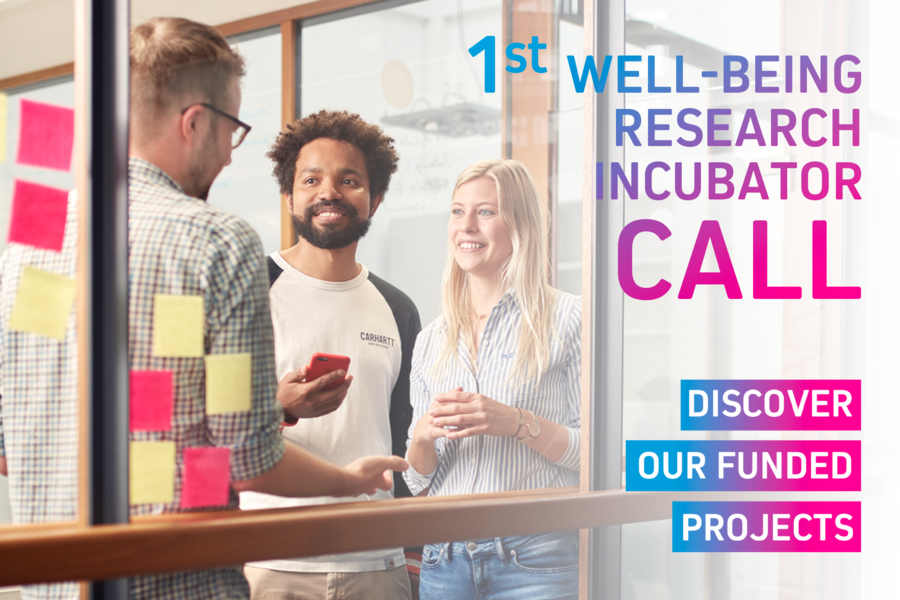Projects of the first Well-Being Research Incubator call selected
The Well-Being Research Incubator Programme gives researchers access to our established, well-connected European alliance of universities and partners from the public, private and third sectors. At the beginning of 2023, the first call of the Well-Being Research Incubator Programme successfully brought together researchers from EUniWell universities who gathered and exchanged ideas in 14 different workshops. From these workshops, 5 advanced ideas were selected to become funded projects.
The selected projects
The project called “The rise of sea levels and societal adaptation to climate change” will be led by Filippo Randelli from the University of Florence. The project aims to map the distribution of the sea level rise in every partner country and do a field evaluation of the effects of sea level rise in different scenarios.
Another project, “Interkingdom microbial interactions for translational innovations (IMiTI)” will be led by Anna Júlia Éliás from Semmelweis University. This project’s rationale is that the complex interactions between the many microorganisms in the gut can only be understood by an interdisciplinary integration of experimental and mathematical models.
From the University of Murcia, María del Mar Grandio will lead the “Exploratory approach for digital well-being social impact assessment among adult population in European countries” project. The main objectives will be the development of an assessment protocol to measure the active population’s digital well-being, comparing the cross-cultural differences and designing a measurement tool for digital well-being research.
The “What’s for lunch? Eliciting preferences for food on university campus” project will be led by Dr. Irina Pokhilenko from the University of Birmingham. This project aims to identify and compare the preferences of university staff and students for lunch served on campus by conducting a survey within five university campuses in five European countries.
Last but not least, the “Human and non-human well-being in the anthropocene city: guidelines for interdisciplinary research and sustainable policies” project will be led by Mariagrazia Portera from the University of Florence. The aim is to identify and discuss the main challenges posed by the integration of culture conservation and nature conservation when they occur on the same urban territory.
Further information about the projects is available on this page.
Stay in touch & up-to-date!
Follow us on our social media channels:
Twitter
LinkedIn
Instagram
Facebook
And subscribe to our EUniWell newsletter for regular highlights and save-the-dates to upcoming EUniWell events delivered straight to your inbox:

